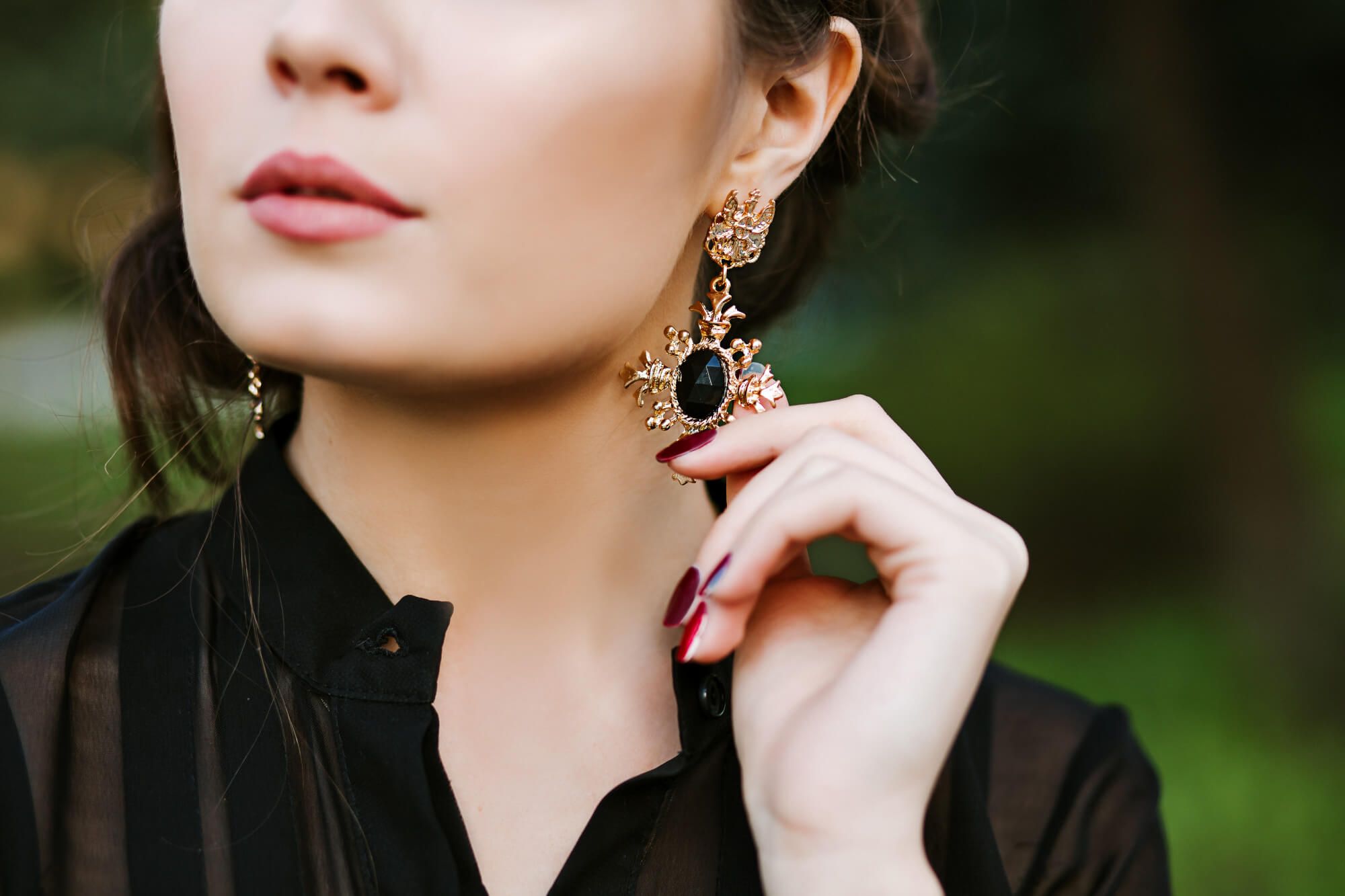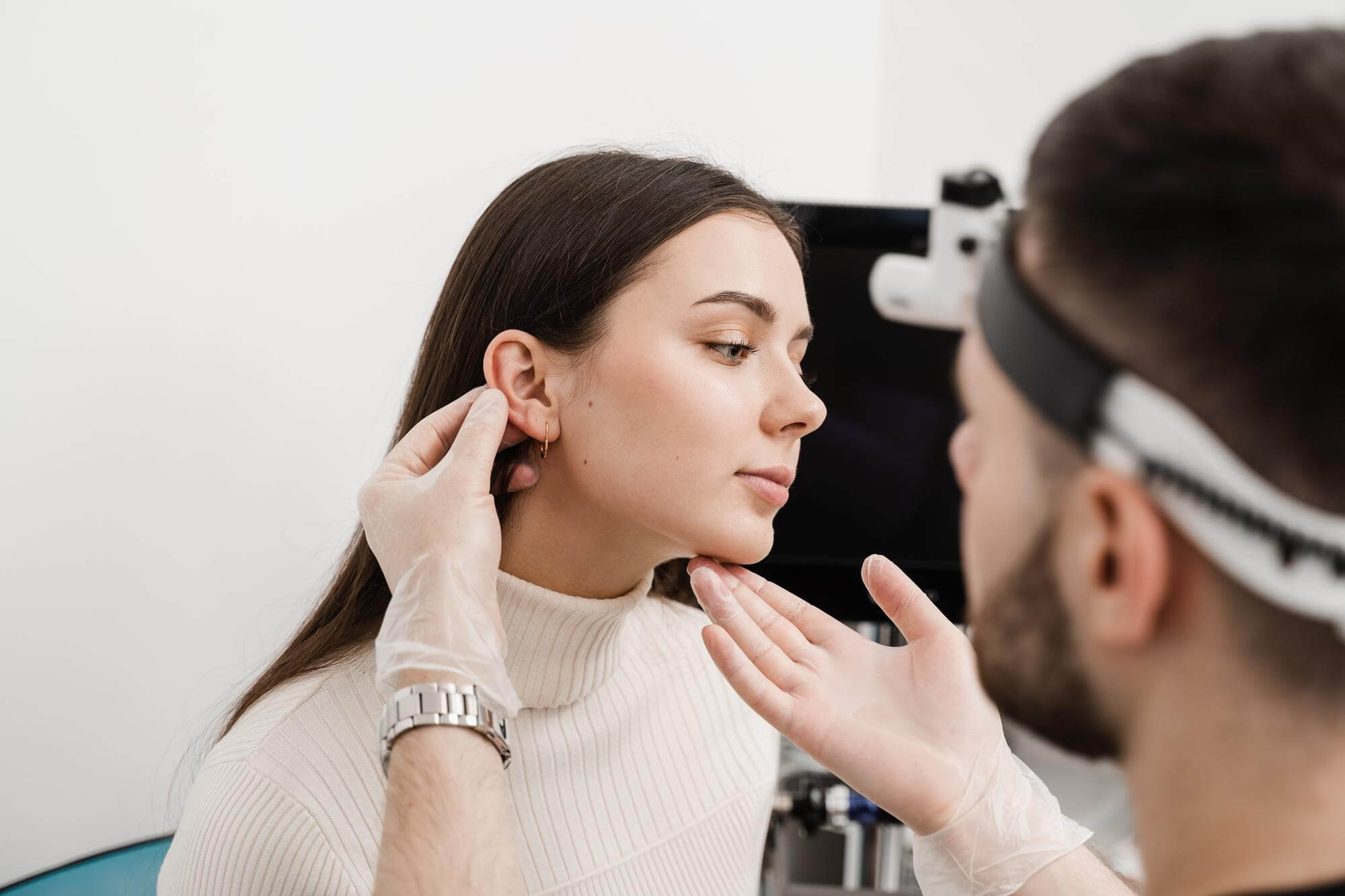Gold allergy: causes, symptoms, and treatment options


Eva Zakharova
Gold allergy is a rare but very real phenomenon that can occur when in contact with gold jewelry. In this article, we will discuss the causes of gold allergy, its symptoms, diagnosis and treatment methods.
What is a gold allergy?
An allergy to gold is caused by the immune system's hypersensitivity to this metal. Gold itself rarely causes allergy, but it is usually caused by impurities in the alloy. White gold, for example, contains nickel, which can cause an allergic reaction.
Characteristics of an allergy to gold
A gold allergy is manifested by local symptoms on the skin, such as itching, redness, and swelling at the site of contact with the jewelry. For example, if you are allergic to gold earrings, symptoms may appear on your ears. A ring will cause allergies on your finger, and a chain will cause allergies on your neck or wrist.
Diagnosis of a gold allergy

To accurately diagnose a gold allergy, you should see an allergist. Your doctor will perform skin tests, prescribe tests and possibly recommend excluding contact with gold jewelry for a certain period of time.
Risk factors for gold allergy
- If you have a family history of gold allergy, you have an increased chance of developing this allergy.
- Regular contact with gold jewelry, such as earrings, rings, or chains, can cause people with hypersensitivity to develop allergies.
- The poor quality of gold and the presence of harmful impurities in the alloy may cause an allergic reaction.
How to avoid gold allergies
Prefer jewelry made of hypoallergenic alloys such as platinum or high-quality gold with a minimal amount of impurities.
If you have a predisposition to gold allergy, try to limit the wearing of gold jewelry, especially during allergy flare-ups.
Treating your gold allergy

The first step in treating a gold allergy is to remove the allergen - gold jewelry - from the area of skin contact.
Local treatment may be prescribed to eliminate the symptoms of gold allergy, including the use of antihistamine ointments (such as Phenystil) or hormonal drugs (such as hydrocortisone ointment).
In severe gold allergies, the doctor may prescribe systemic antihistamines (e.g., Suprastin, Zyrtec) as well as a course of corticosteroids (e.g., Prednisolone) to reduce inflammation.
Alternatives to gold for allergy sufferers
- If you are allergic to gold, consider wearing silver or platinum jewelry, as these metals are less allergenic.
- Titanium and stainless steel are also hypoallergenic materials suitable for making jewelry for people with gold allergies.
- If you want to wear jewelry but are afraid of an allergic reaction, try artificial jewelry made from safe materials that do not irritate the skin.
Gold allergies, though rare, can cause serious discomfort when in contact with gold jewelry. To avoid allergic reactions, choose hypoallergenic materials for jewelry, limit your contact with gold, and if necessary, take a course of treatment prescribed by an allergist. This way, you can stay healthy and wear your favorite jewelry safely.
New materials
Popular Articles
We recommend reading
Contact us in the Contact Us section to ask questions, offer ideas, or for more information about our allergy resource.
Our articles are your trusted source of allergy knowledge. Learn how to make life with allergic reactions easier on our specialized portal.
©
Lechenie-Allergii.com. All rights reserved.
© Lechenie-Allergii.com. All rights reserved.
The information on this site is for informational purposes only and is not a substitute for professional medical advice. We recommend consulting with qualified medical professionals for accurate information and advice.
 English
English  Українська
Українська  Русский
Русский 









